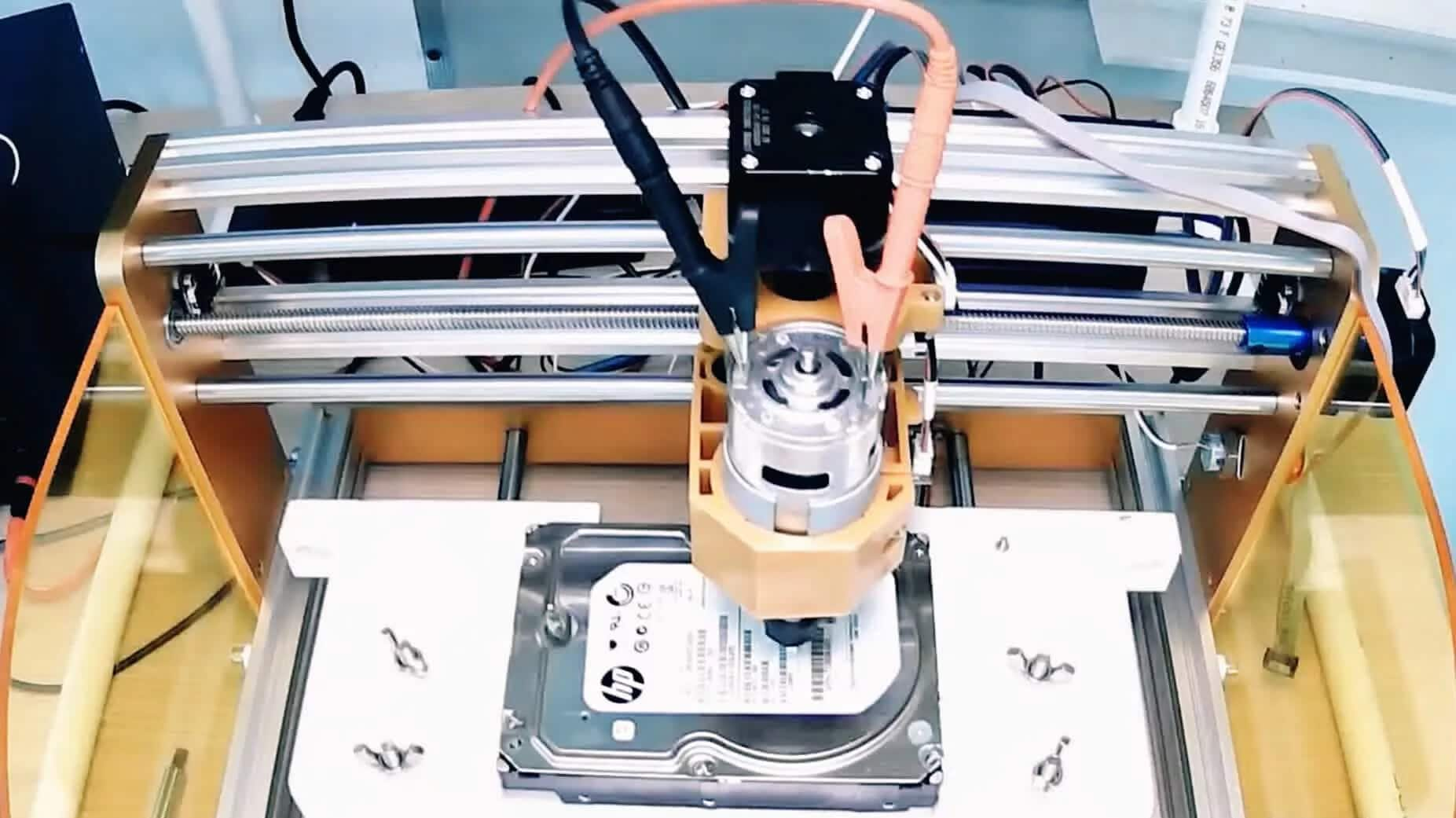
How Microsoft's hard drive recycling approach is helping reduce e-waste
What's the story
Microsoft is revolutionizing the way hard disk drives (HDDs) are recycled at the end of their lifespan.
The tech giant is deploying robots to carefully dismantle each drive and salvage reusable components.
This innovative approach aims to prevent data leaks and reduce e-waste by extracting valuable metals like neodymium, aluminum, and stainless steel from discarded drives.
E-waste reduction
Microsoft's innovative solution to e-waste problem
The current practice of shredding entire hard drives contributes to a significant amount of e-waste each year, with up to 70 million drives being mindlessly destroyed.
This not only leads to data security risks but also results in the loss of valuable metals.
Microsoft's innovative approach of meticulous dismantling and component salvage aims to address this issue.
Sustainable centers
The concept of 'Circular Centers' for sustainable disk disposal
The concept of using robots for HDD recycling was first proposed at a 2022 Microsoft hackathon by sata scientist Ranganathan Srikanth.
He suggested the creation of specialized "Circular Centers" within Microsoft's data center campuses.
These facilities would be dedicated to reusing and recycling decommissioned server hardware on-site, helping the company achieve its sustainability goals.
Process explained
How Microsoft's robotic recycling process works
The robotic recycling process involves using machine learning (ML) and computer vision to map out components and remove every screw with precision.
The separated components are then sorted, with data-containing platters sent to an industrial shredder for secure disposal.
Other parts like printed circuit boards and magnets are prepared for recycling, ensuring valuable materials are repurposed rather than ending up in landfills.
Information
Global collaboration for eco-friendly HDD recycling
Microsoft is not only implementing this eco-friendly method within its own operations, but also collaborating with drive manufacturers and governments worldwide. The aim is to promote the adoption of this more sustainable approach to HDD recycling globally.